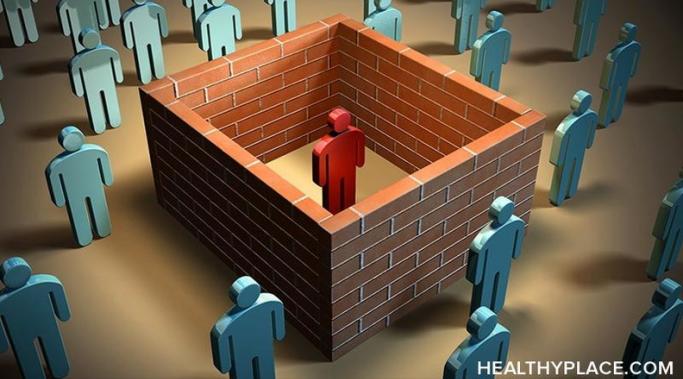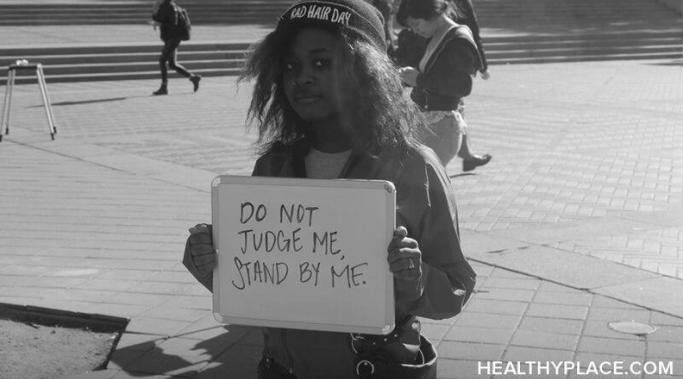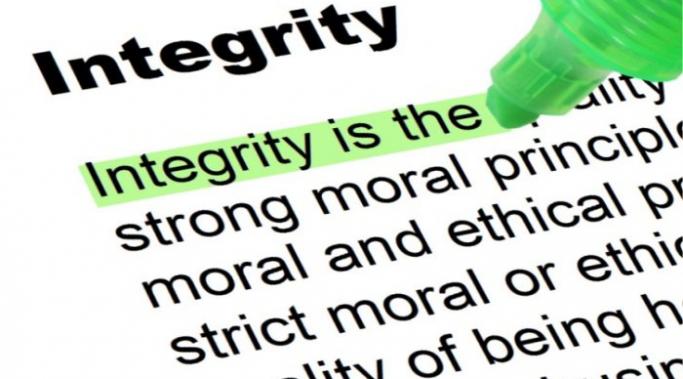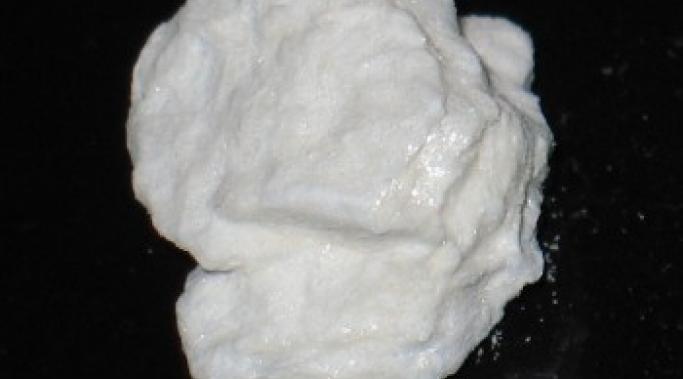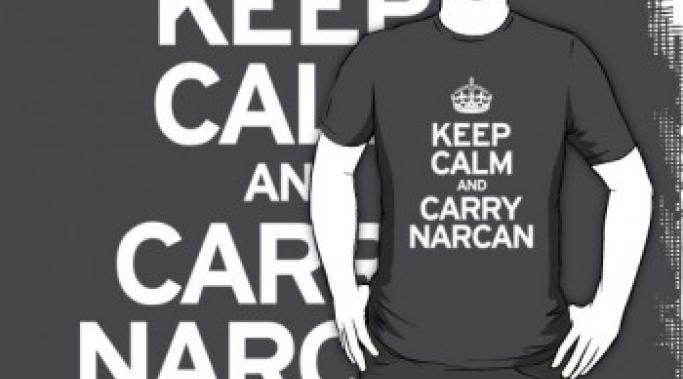In my observation, nearly every individual in addiction recovery has either heard of or experienced the 12-step groups or the 12-step curriculum. Some recovering addicts swear by 12-step practices and principles and other addicts convulse at the thought of attending a 12-step group meeting to share their feelings with a bunch of addicted strangers. I feel that I have a rather unique perspective on the 12-step model because while I don't actively participate in every principle and policy they suggest, I have developed a deep respect and admiration for the community as a whole and what they represent.
Debunking Myths
Anyone can help stop the stigma of substance abuse. A major obstacle to addiction recovery, stigma, is a set of negative beliefs that a group or society holds about a topic or group of people. Stigma results in prejudice, avoidance, rejection, and discrimination against people who have a socially undesirable trait such as drug abuse or addiction. In my own recovery process, I felt the stigma of substance abuse and it kept me from seeking help for many years.
Substance abuse stigma is but one obstacle on the path to addiction recovery. Legal troubles, medical issues, psychological problems, family issues, and work-related issues make up some others. But the stigma surrounding substance abuse adds insult to injury. For some, these obstacles to addiction recovery have the power to throw a person off the path to recovery. During a time when people need love, support, and encouragement, stigma makes recovery challenging. Substance abuse stigma can be found within an addict (self-stigma) and from outside influences.
Is there an addictive personality? The most recent research involving the addictive personality concept indicates no single, addictive personality type exists (Addiction Symptoms: Signs of an Addict). However, certain groups of traits seem to indicate predisposition to addiction.
Honesty, open-mindedness, and willingness (H.O.W.) are the virtues essential to my recovery from alcohol addiction. Without any one, relapse becomes a very real possibility. Anyone who relies on these virtues can stay sober. It's all that separates recovering alcoholics from alcoholics who are still struggling to get sober. Maintaining the H.O.W. virtues allows for recovery from alcohol addiction but using them as tools in sobriety is neither pleasant nor easy, but it is possible.
Crack cocaine and powder cocaine are treated very differently in public and political conversation. So what is the difference between crack cocaine and powder cocaine? They affect your body the same way, but the main difference lies in the method of use (Cocaine Effects, Cocaine Side Effects).
Naloxone (brand name Narcan) saves lives from opioid overdose by reversing the effects of an opioid overdose. America's problem--some say epidemic-- with heroin and prescription opioids is big news, so why is naloxone, which saves lives from opioid overdose, controversial?
There are many stereotypes about alcoholics that enable denial that developed through years of misinformation, changing research, and biased opinions. These misconceptions about alcoholism, and the people who suffer from it, are arguably the biggest barrier to individuals seeking help. Alcoholics use stereotypes to justify their drinking habits and explain why they cannot possibly be an alcoholic (Identifying and Diagnosing Alcoholism). If the stereotypes about alcoholics were debunked and known to be attributes not exclusive to alcoholics, these excuses would be harder to find. Without stereotypes about alcoholics, it would be harder to enable denial.
Despite its health risks, hookah smoking is growing in popularity across the United States and many other countries (Treatment For Nicotine Addiction). Hookah smokers, and the general public, often believe that the practice is virtually harmless, but both the Center for Disease Control (CDC) and the Mayo Clinic state that hookah smoking has several health risks and is not safer than cigarette smoking.
Difficulty sleeping relates to alcohol use and withdrawal. Alcohol is actually not a good sleep aid, contrary to popular belief. Sure, it helps you fall asleep more quickly, but can lead to a host of other sleep disorders, such as sleep apnea and sleep walking; plus, when used frequently, drinking alcohol can lead to alcohol dependence.1
In alcoholics, the effects on sleep of alcohol, or alcohol withdrawal, are much more pronounced. Here are some explanations and advice for what you can do in early sobriety to sleep more soundly.

